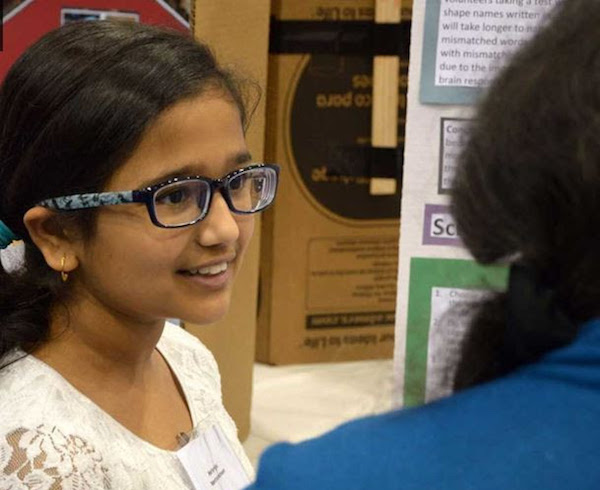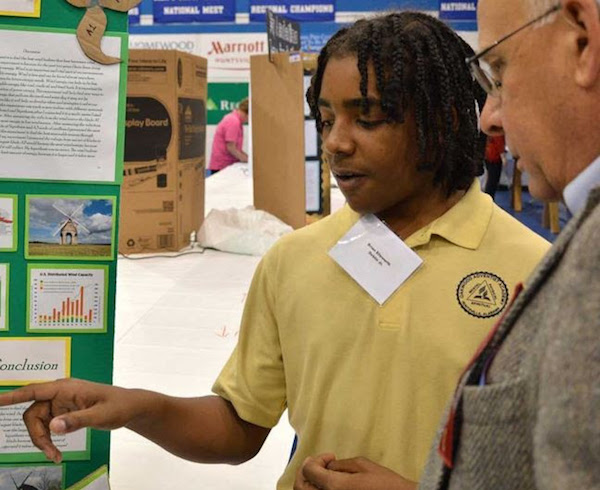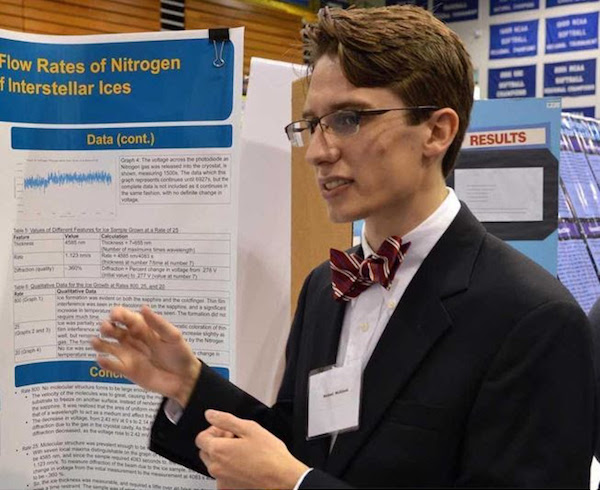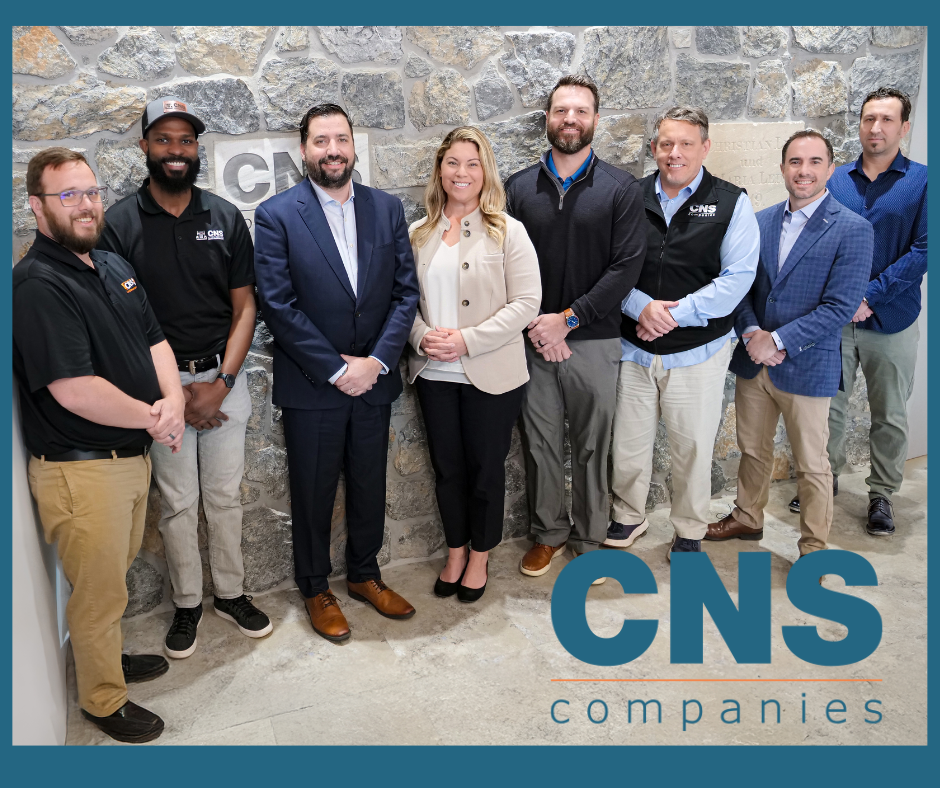
Literacy Champion, Warwick Role Model.
February 21, 2019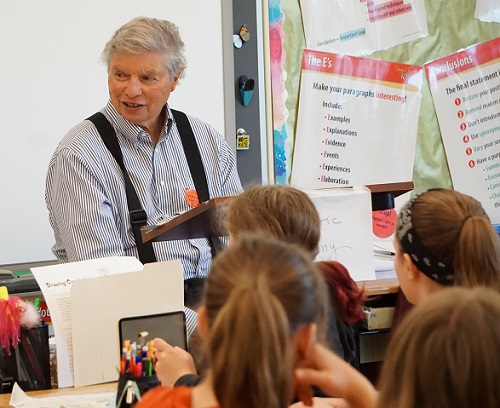
Avi is short for Amazing
June 4, 2019Nothing like a Polymerase Chain Reactor to turn a Warwick senior into a raving biology fan.
Put a very techie biology tool into the hands of a very curious student biologist like Anthony Rago, and you get a highly predictable response. Call it happiness or the release of neurotransmitters or just a natural high. Anthony, being a scientist, describes it quite rationally as a kind of emotional cause-and-effect sequence.
“Science is really important to me because I want to be a veterinarian. This Polymerase Chain Reaction machine” – see how affectionately he’s holding it – “is important because it helps my interest in biology kind of skyrocket. If I didn’t have this, I’d have less interaction. If I had less interaction, I’d be less likely to like what I’m doing.”.
Thanks again. And next time you pick up a good book, remember those 1900 Warwick kids.

“
But since we have this machine, I can experience what people actually use in their careers to sequence genomes. My using it helps fuel my motivation to become what I want to be when I grow up. It’s incredible that we have a PCR in the classroom.
You can’t get any better than that!
Anthony Rago
STUDENT
Great Teaching lights the fire.
Great communities bring the kindling.
Anthony’s skyrocketing interest in biology isn’t just his story, it’s yours – because you give to the Warwick Education Foundation. And your gifts put advanced science tools into the hands of many young biologists-in-the-making. Today they demonstrate their passion with science fair exhibitions. Tomorrow it will turn them into nurses and physicians, wildlife conservationists and marine biologists, pharmaceutical researchers and veterinarians like Anthony.
A grant of $3,000 by the Warwick Education Foundation, coupled with a $5,000 grant from Toshiba, enabled Warwick’s science teachers to expand their Genetics curriculum by purchasing a Polymerase Chain Reaction machine. They even created a lab where students can identify the perpetrator of a crime by analyzing the genetics of fingerprints. How’s that work? Segments of DNA are extracted and isolated, then amplified using the polymerase chain reaction machine. The amplified DNA then undergoes gel electrophoresis for analysis.
Anthony is still writing the rest of his story. He graduates from Warwick in June and heads to college. And who knows? Maybe someday he’ll set up practice right here in Lititz, and you’ll find yourself contacting Dr. Rago to care for your animals.




